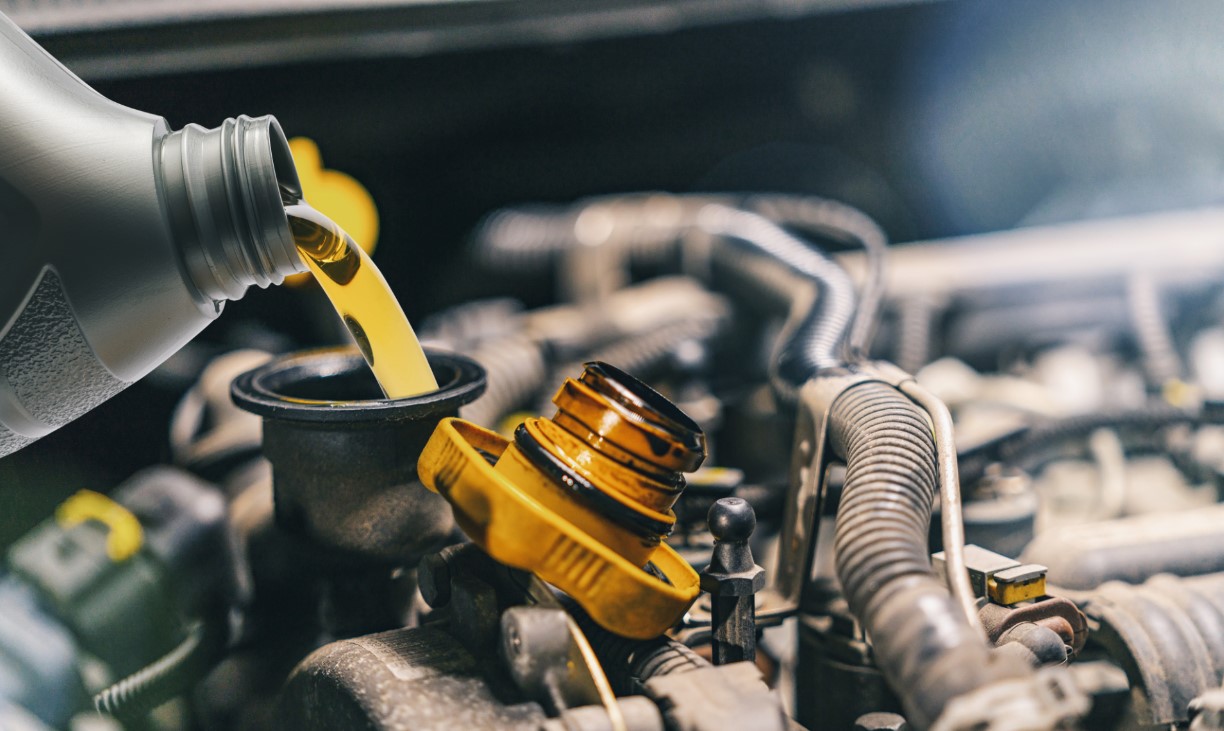Optimize Your Vehicle'S Performance With Routine Oil Modifications
Maintaining your vehicle's performance is a complex venture, with normal oil adjustments attracting attention as a crucial aspect. Fresh engine oil plays a pivotal role in making sure optimum lubrication, minimizing friction, and stopping endure crucial parts. This practice not just boosts gas effectiveness but also cultivates a much healthier engine setting. Several vehicle drivers forget the signs that suggest a requirement for an oil adjustment, potentially compromising their lorry's durability. Understanding these signs and the benefits of timely maintenance could result in considerable enhancements in your automobile's overall efficiency. What might you be missing?
Significance of Normal Oil Adjustments
While many auto proprietors may ignore the value of routine oil adjustments, neglecting this critical maintenance task can lead to severe effects for engine performance and long life. Engine oil plays an essential function in lubing moving parts, reducing friction, and stopping getting too hot. In time, oil weakens due to direct exposure to warmth and pollutants, which lessens its performance.
Stopping working to transform the oil regularly can result in the accumulation of sludge and debris, which can block important engine components and cause raised wear. This not only endangers engine efficiency but can additionally result in pricey repair services or even overall engine failure. Furthermore, old oil loses its capability to neutralize acids created throughout burning, which can result in rust and further damages.
Moreover, many car producers recommend details oil change periods, commonly based upon gas mileage or time. Complying with these guidelines is vital for maintaining warranties and ensuring optimum car performance. In recap, routine oil changes are not just an idea; they are an important element of responsible automobile maintenance that protects the engine and improves total efficiency. Prioritizing this task will contribute dramatically to the durability and reliability of any kind of lorry. Oil Change Lockhart.
Benefits of Fresh Oil
Changing to fresh oil supplies many advantages that directly enhance engine efficiency and performance. New oil reduces friction between engine components, which not just lessens wear however additionally contributes to smoother procedure.
In addition, fresh oil successfully cleans up the engine by putting on hold impurities and preventing sludge build-up. With time, oil ends up being infected with dirt, metal fragments, and burning byproducts. Consistently replacing oil makes certain that these hazardous substances are eliminated, advertising a cleaner and much healthier engine setting.
Moreover, fresh oil aids in optimal temperature level law. It dissipates heat a lot more efficiently, preventing overheating and possible damages to engine components. This is especially essential throughout peak performance circumstances, where warm build-up can harm engine performance.
Indicators Your Oil Needs Changing
Engine oil is the lifeline of your lorry, and identifying when it requires altering is critical for maintaining ideal performance - Oil Change Lockhart. Several indications show that it's time for an oil change, and staying vigilant can stop engine damages and expensive repairs
First, examine the shade and uniformity of the oil. Fresh oil is usually brownish-yellow and smooth, while old oil might show up dark and abrasive, indicating contamination and decreased performance. A modification in viscosity can likewise signify that the oil has broken down and is no much longer properly lubing engine parts.

Another indication is the oil change light on your control panel. This alert acts as a pointer that the oil has reached its life expectancy or that there is an underlying concern needing attention. Furthermore, uncommon engine noises, such as you can find out more knocking or ticking, might recommend insufficient lubrication as a result of abject oil.
Lastly, if you see oil places or puddles under your automobile, it might indicate a leakage that requires instant examination and possible oil change. Listening to these signs will ensure your engine operates efficiently and effectively.
Picking the Right Oil
Selecting the ideal oil for your car is crucial i loved this for ensuring ideal efficiency and long life. Engine oils come in numerous kinds and thickness, each created to meet details demands. The first consideration ought to be the manufacturer's referrals, which can typically be found in the proprietor's handbook. This support will certainly direct you toward the appropriate thickness quality, such as 5W-30 or 10W-40, which indicates the oil's density at different temperatures.
Following, take into consideration the kind of oil: conventional, synthetic, or a mix. Conventional oil is stemmed from crude oil and appropriates for older automobiles, while synthetic oil provides exceptional protection and performance for modern-day engines, particularly continue reading this under severe conditions. Synthetic blends incorporate the advantages of both and are typically an economical option.
In addition, look for oils that meet sector requirements, such as API (American Oil Institute) or ACEA (Organization des Constructeurs Européens d'Automobiles) certifications. These indications guarantee that the oil has been tested for top quality and performance. Ultimately, choosing the appropriate oil not just improves engine efficiency but likewise adds to the general health of your car, paving the means for smoother driving experiences.
Oil Change Regularity Recommendations

Factors affecting oil adjustment frequency include driving conditions, such as stop-and-go website traffic, extreme temperatures, and pulling hefty loads. Under serious problems, it could be sensible to transform the oil more regularly to avoid engine wear. Furthermore, some modern-day lorries come furnished with oil life tracking systems that give personalized recommendations based upon driving practices, which can further optimize the oil adjustment routine.
It's important to consult your proprietor's guidebook for certain recommendations tailored to your car. Abiding by these standards not only maintains engine wellness but additionally improves gas effectiveness and lowers emissions. In verdict, routine oil modifications, timed suitably based upon numerous variables, are a fundamental element of automobile maintenance that can significantly influence efficiency and long life.
Conclusion
